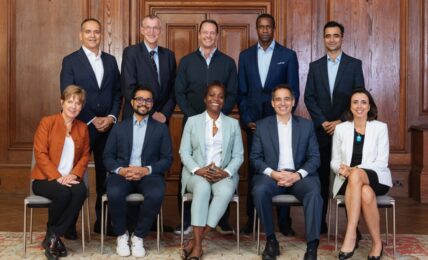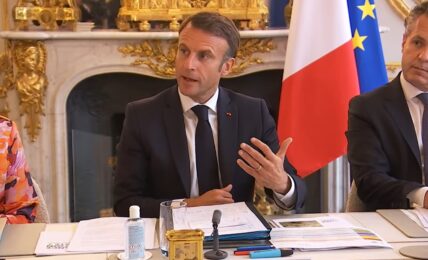By: Tanya Seajay, Founder and Managing Partner of 7 Centre
In 2023, CEOs face a new reality: they can no longer operate their companies in isolation. This compels them to place trust in external entities, particularly in the context of sustainability risks and opportunities.
One area where many CEOs lose confidence is in the world of data, and understandably so. The reliance on external data sources, coupled with the complexity of sustainability-related information, requires tremendous faith. However, any hesitation means another delay and a direct impact on their ability to effectively manage and capitalize on sustainability risks and opportunities.
Let’s consider the newly launched international Sustainability Standards Board’s (ISSB) IFRS Sustainability Disclosure Standards. Many companies are now faced with assessing and disclosing their vulnerabilities and dependence, specifically when it comes to their reliance on the world’s resources and their most valued business relationships. A company’s inaugural IFRS disclosure will arguably be one of the most significant contributions its CEO will make in the upcoming years, with annual reporting periods to begin as early as January 1st, 2024 in some jurisdictions.
Take an automobile manufacturer as an example. It operates in a complex ecosystem and is dependent on a lengthy list of resources and business relationships. Every element, from the skilled workforce to its suppliers of raw materials, now needs to be evaluated and monitored on an ongoing basis. To provide a complete disclosure, the company will likely leverage existing communication channels or create new channels that allow for open discussions on operational efficiencies, supply chain risks, shifts in customer preferences, and potential disruptions.
From this communication, it will gather data that identifies potential material impacts on cash flow, including:
Suppliers: carbon footprint of supplier’s operations, waste generated in the production process, usage of sustainable materials.
Technology partners: disposal and recycling of technological waste, consideration of lifecycle emissions in the technology selection, accessibility and inclusivity of technology solutions provided.
Dealerships: energy consumption at dealership locations, handling of end-of-life vehicles.
Customers: changing preferences for electric or hybrid vehicles, community impact of the company’s operations.
Once the data is gathered and a disclosure is filed, investors will heavily scrutinize the company’s sustainability strategies, its progress in meeting the targets its executives have set, how it manages risks, and the governance in place to stay on top of these matters. No one wants to be publicly accused of greenwashing or having a lie uncovered. CEOs and investors must trust the disclosure data completely or risk severe damage to their reputation and the company they represent.
The IFRS standards do accommodate uncertainty in matters that require “difficult, subjective, or complex judgment.” But data is still needed to weigh the many variables a CEO must consider when making these judgments.
Because of this shift, the role of data providers takes on new significance. Their accuracy and reliability become key determinants of a CEO’s confidence in decision-making. Both good and bad data will influence the world’s ability to meet its sustainability goals.
To accelerate progress, CEOs need to be self-assured. Lack of trust is a known inhibitor of progress. By fostering trust, we can expedite our commitments and build a better future.



